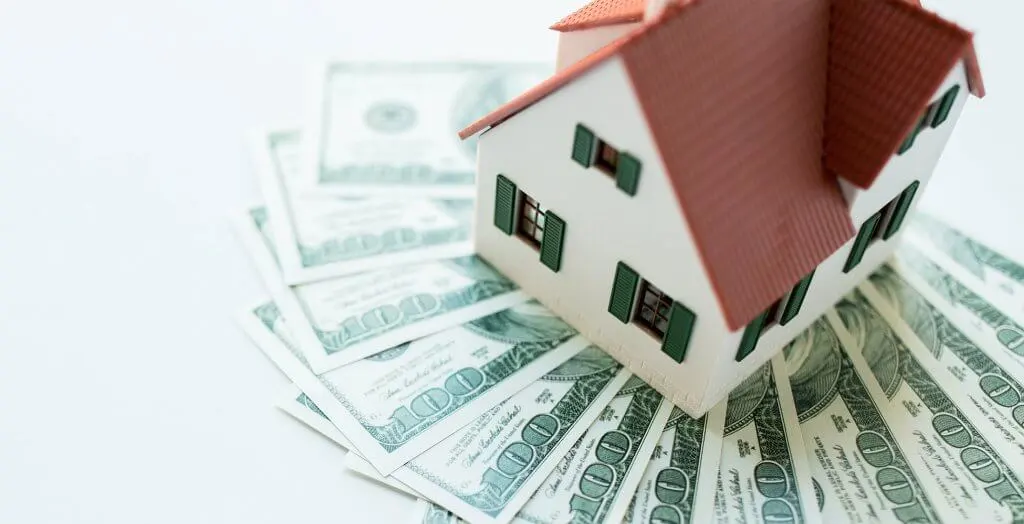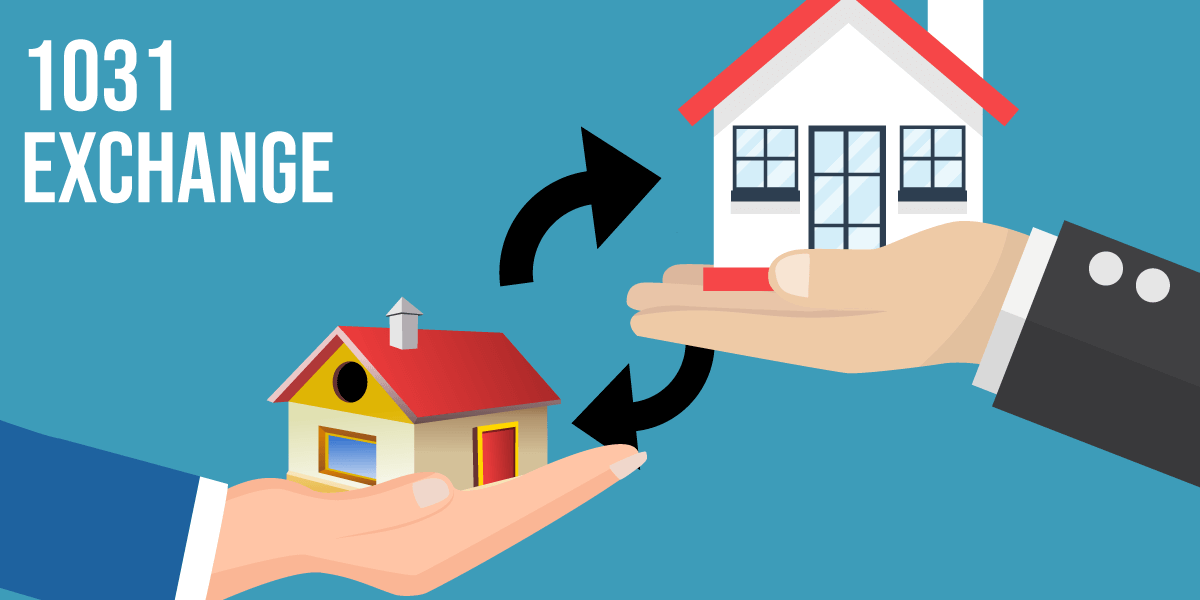
If you sell investment or business property and make a profit, you normally have to pay tax on the gain at the time of sale. IRC Section 1031 provides an exception and allows you to postpone paying tax on the gain if you reinvest the proceeds in comparable property as part of an authorised like-kind exchange. Gain deferred in a like-kind exchange under IRC Section 1031 is not tax-free, but it is tax-deferred. It is possible for the transaction to include only like-kind property or like-kind property along with cash, liabilities, and other forms of assets. However, if you receive cash, debt relief, or another non-like-kind item, you may wind up with a taxable gain in the year of the exchange. Both a delayed and a recognised gain may be realised when a taxpayer exchanges similar property for something less expensive. Commercial and investment property owners can be qualified for a Section 1031 deferral. Any taxpaying entity, including people, C and S corporations, partnerships, limited liability companies, and trusts, is eligible to arrange an exchange of one business or investment property for another under Section 1031. A Section 1031 exchange cannot be performed without a property exchange. The most fundamental type of Section 1031 exchange is a simultaneous exchange of one property for another. Deferred trades allow for flexibility despite being more difficult. They permit you to sell a piece of real estate and then purchase one or more replacement properties that are similar. One such company that offers 1031 exchange experts is Whitestone.
Different Section 1031 Exchange structures:

To qualify as a Section 1031 exchange, a deferred exchange must be distinguished from an instance where a taxpayer merely sells one property and uses the proceeds to purchase another (which is a taxable transaction). Instead, in a postponed exchange, the sale of the property that was forfeited and the acquisition of the replacement property must form a single, integrated transaction that qualifies as a property exchange. Taxpayers who participate in delayed exchanges often use exchange facilitators under exchange agreements in accordance with the rules set forth in the Income Tax Regulations. A reverse exchange is a little more challenging than a deferred exchange. Through an exchange accommodation titleholder, with whom it is parked for a maximum of 180 days, it entails buying replacement property.




